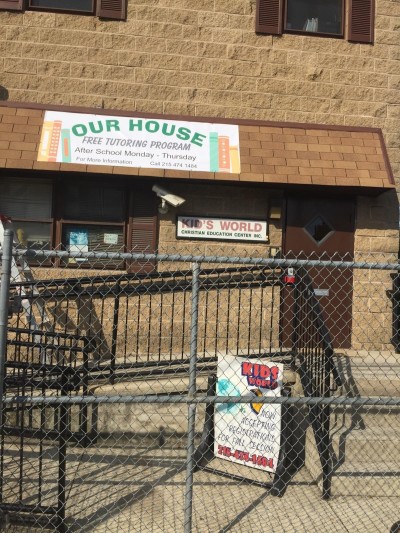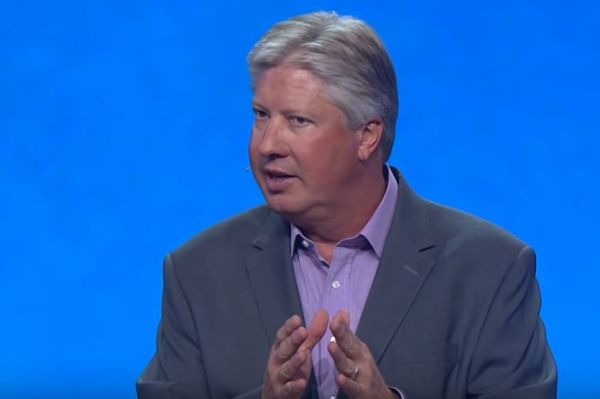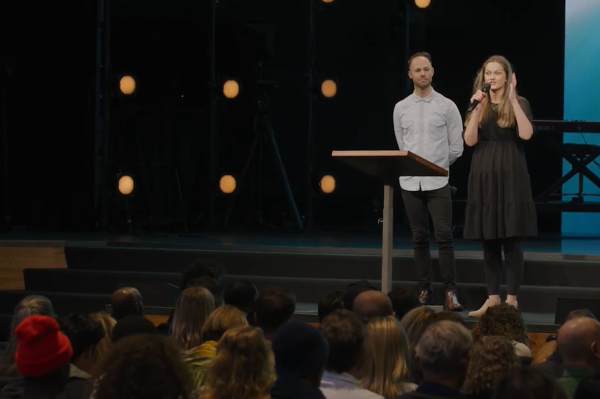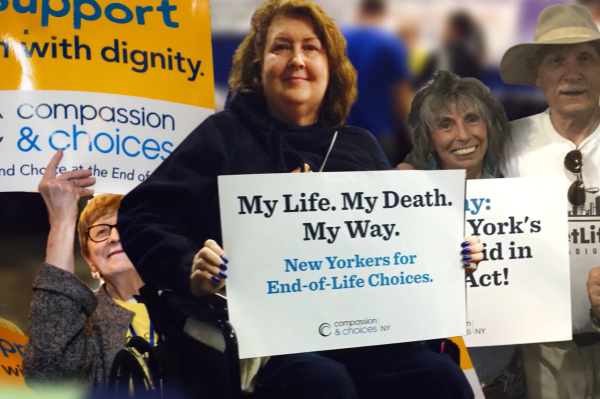Churches could transform inner cities. Here's how
Baltimore, Philadelphia, Chicago, Oakland, and many other large cities have two problems in common: inner-city illiteracy and poverty. The two problems together form an interconnected tragedy that has been growing for about 40+ years.
As a nation, we are not yet trying to fix this national tragedy. As a matter fact, it has not yet entered our national consciousness as a BIG and formidable problem.
How severe is this tragedy? Congressional Republican Candidate from Baltimore Ms. Kim Klacik reports two disturbing metrics about Baltimore city’s schools: 11 out 12 boys cannot read at grade level, and in over a dozen high schools, not one student is proficient in math; this is a tragedy for the children, their parents, the inner-city economy, and the nation. Ms. Klacik deserves our gratitude for exposing these disturbing metrics in her promotional videos as a part of her campaign.
All well-meaning Americans would agree, this tragedy deserves a response that is long overdue.
The above metrics are screaming at us that these inner-city students will be unemployable, when they leave school, with or without a fake high school diploma. Without stable employment possibilities, they will look to alternate sources of income, i.e., crime. Those who take to crime as an alternate source of income will pay a severe price with their lives, while dragging their families along with them. They all deserve better.
It is ironic that illiteracy prevails in these big cities although K-12 education is “free” in the local public schools! Unfortunately, “free” public-school education in inner cities has failed the local children and their parents in Baltimore and many other cities. Sometimes, what is “free” is not automatically effective.
When “free” schools fail, on theory, parents could step in and help their children become literate and get an employable education. However, as it stands, poor inner-city parents are unable to help their children with their schoolwork. The result: at 18, an intolerably high percentage of inner-city children leaving school are illiterate and unemployable. They will face a lifetime of unemployed nightmare.
On the average, after 12 years of schooling, an illiterate from the above schools will spend about 40-50 years of his/her adult life without stable employment, and without the ability to support a family. As mentioned above, the alternate form of employment readily accessible to an illiterate is crime, which is tragic for the individual and his/her family. This tragedy resembles the one the Good Samaritan witnessed in Jesus’ parable, and responded promptly and very generously.
Who will be the Good Samaritan here?
If the inner-city churches want to respond to this challenge at their doorsteps, they can offer free tutoring to local public-school children struggling with schoolwork. However, churches may employ many potential excuses to avoid this challenge, including:
1. Public school education is the responsibility of the state.
2. We pay taxes for this very purpose. It is not our problem.
3. Why not demand that schools and parents do a better job?
Inner-city schools have been progressively failing for more than 40+ years, and there are absolutely no signs to indicate things would improve now or in the future. Further, no one seems to care enough to fix this tragic problem today. For example, at the first presidential debate of 2020, there was not a single question to the two candidates as to how they would fix this problem of inner-city illiteracy and resulting human tragedy.
Today, tutoring by churches is a God-given opportunity to reach out to our inner-city students and parents in their community, regardless of their faith. Like the Good Samaritan in Jesus’ parable, churches can choose to help inner-city children and their parents, who are just as helpless today as the injured and dying man in Jesus’ parable.
If inner-city churches assume the responsibility for tutoring failing school children in their communities, inner cities could turn into a mission field. There is a great potential here for churches to collaborate across the nation to tackle the inner-city tutoring mission by sharing knowledge, experience and resources; wealthier churches in the suburbs could also play a supportive role in this “Good Samaritan” project.
Learning from the Good Samaritan
When he left home, the Good Samaritan in the parable neither anticipated his encounter with the injured man, nor prepared himself to help him. But, upon seeing the helpless, dying, injured man, the Samaritan assumed full responsibility for helping him, not half-heartedly, but with all the resources at his disposal. He did not use excuses such as the following to ignore the man in need of help:
1. He is a Jew, why not let another Jew take care of him?
2. I am running late for my appointment.
3. Jews have not been kind to me in the past.
4. I did not come prepared to help this man, etc., etc.
In the parable, the good Samaritan overcame his excuses, if there were any. Churches too can overcome their excuses and rise up to take on the challenge of tutoring inner-city students to become literate and employable.
One church’s response

Pastor Charles Johnson of EGC Ministries in Philadelphia, with a small church school, started a free after-school tutoring program for the surrounding community about two years ago. It began with a sign posted outside saying, “OUR HOUSE: Free Tutoring Program.” It attracted students and parents from the community. The tutoring sessions, Monday through Thursday, include free snacks and brief lessons from the Bible to all students regardless of their religious background. Parents request tutoring in writing and are made aware of accompanying Bible education, without any apology. Even Muslim parents have used this tutoring program for their children.
This fall, with the above experience behind him, the pastor is promoting the idea of church-based tutoring among several churches in Philadelphia across denominations. The goal is to form a loose coalition of mutually supportive churches in the city to offer tutoring to public-school children at multiple church locations using volunteer teachers or teachers receiving an honorarium. Participating churches will attempt to share knowledge, experience, and resources to help new partner churches joining this tutoring effort. For example, Pastor Johnson has the experience of running a church school for many years, and his knowledge and experience could serve as a resource for all churches embarking on the tutoring mission.

The working model for Pastor Johnson is a five-year old, successful, free, after-school tutoring program offered by OUR HOUSE, a ministry that is conveniently located in two homes across the street from project housing in Auburn, AL. OUR HOUSE ministry at Auburn caters to about 100 children from the nearby project housing four days a week with snacks and free tutoring. They offer a study hall, computers, and caring and friendly tutors. The goal of the program is to enable students to excel in schoolwork, week after week, while “gaining confidence in their abilities to excel at school.”
Our House at Auburn uses volunteers from local churches and the community, as well as students from Auburn University. Many of the participating university students, under the supervision of Our House staff, earn academic credit for their service learning, practicum and internships completed at Our House. Pastor Charles Johnson visited OUR HOUSE in Auburn, AL, before starting one of his own to transform one child at a time in Philadelphia. Conclusion: Yes, it can be done; it has been done.
“Arise, O Church arise!” exhorts a modern hymn by Getty and Townend.
Paul Swamidass is Professor Emeritus at Auburn University's Harbert College of Business. He is author of over 100 academic publications and several books including Engineering Entrepreneurship from Idea to Business Plan (Cambridge University Press, 2016). His essays on the implications of Biblical Leadership for contemporary leaders appear on the websites of Christian Leadership Alliance, Lead Like Jesus, and Faith Driven Entrepreneur.Pl let me know if you have any questions.





















